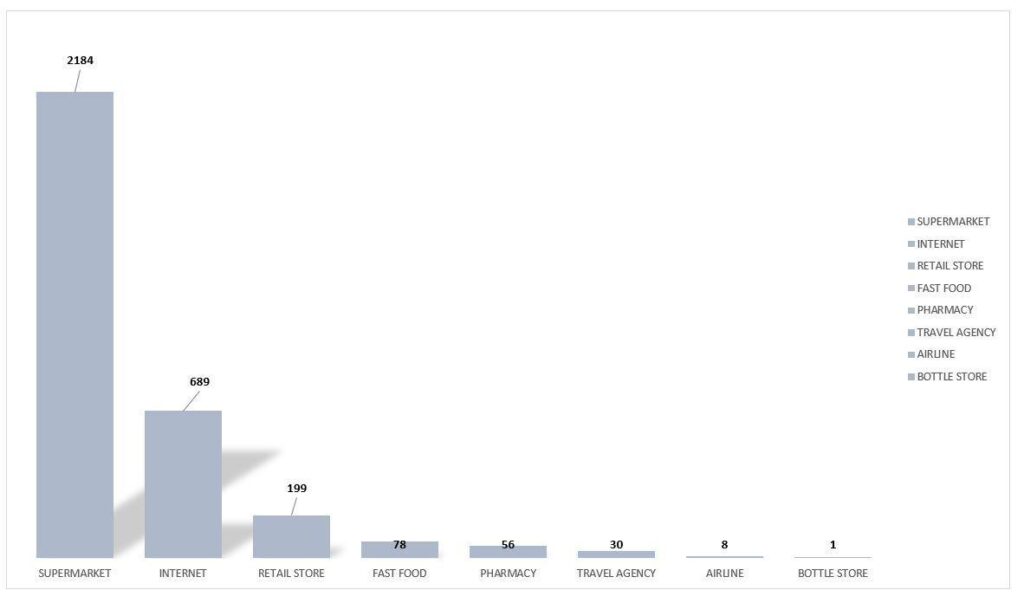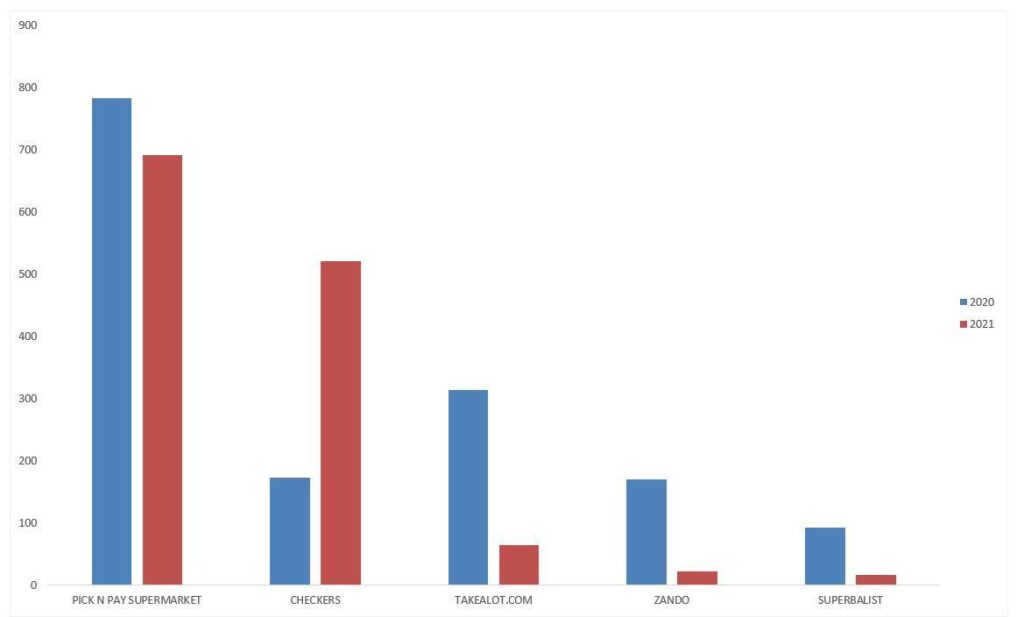With this in mind, the starting point for any organisation seeking to develop an ecommerce strategy should always be understanding the problem they are aiming to solve for a customer. This paper aims to provide insights that will help understand South African online shoppers and outline factors that will develop effective digital commerce strategies.
Factors that make or break ecommerce businesses for South African online shoppers
A survey conducted by Deloitte suggests five factors important to the South African consumer looking to transact online. The key takeaway for marketers is not to isolate general components of the customer journey when developing a digital commerce offering.
Smooth checkout and delivery
Consumers require a frictionless end-to-end experience when doing their online shopping. This involves having visibility on available stock, the ability to add things to a cart with ease, a range of delivery options to select from and lastly, having effective payment alternatives. For this to happen, online businesses must ensure their user interfaces are fast and intuitive by implementing a human-centred design. They also need to adopt user experience (UX) and user interface (UI) principles when developing an ecommerce store and its functionalities.
Buying vs browsing
The pandemic has led to many businesses opting for ecommerce, increasing the number of online retailers offering an unlimited range of products for consumers to choose from. Nonetheless, the South African online shopper is specific about which ecommerce store to visit for what products. This makes it imperative for brick and mortar shops investing in an online solution to understand different channels within a consumer journey and how they integrate to establish a seamless omnichannel experience to win online shoppers over. Doing so will also enable them to transfer their trustworthy brand reputation over to their digital presence.
Clear returns and refunds
We all know the ‘oopsies’ associated with online shopping – when an online purchase delivered is not quite what you expected. Having a clear returns and refunds policy is a massive trust and relationship builder with online consumers. To them, being able to return products promotes security, control and safety. One of the barriers with an ecommerce store is the inability to touch and feel a product. A barrier that is easily solved by having a returns and refunds policy.
Service matters
An outstanding service remains at the top of consumer’s expectations. Clear and open lines of communication with customers throughout every stage of the purchasing journey is a thin line between the success or failure of any ecommerce venture. Online shoppers are not forgiving of lack of responsiveness or slow response times regarding changes in delivery and refunds or even general product queries. Consumers expect a 24-hour service from online businesses, making it imperative for retailers to manage expectations, support the peaks and troughs in demand and deliver moments of delight for customers.
Data protection
The enforcement of the POPI Act marks an era where consumers are informed and tread with caution on matters relating to their personal data and how it is processed. Developing an ecommerce platform that protects personal and financial data is of great importance to consumers when selecting an online vendor. Marketers should comply with data privacy regulations and adopt data privacy consent frameworks and other data management requirements. By doing this, consumers not only get the data security assurance they need, but it also results in the collection of quality data to perform customer analytics.
Since the outbreak of the Covid-19 pandemic, the world has seen what started as a global health crisis morph into an economic crisis and ultimately create opportunities for businesses operating in various industries to explore digital models. This is intertwined with changes in consumer behaviour and needs. Every company exploring ecommerce is challenged with mastering how to create a holistic digital environment that serves customer needs, complies with data security regulations, and aligns with operations while creating compelling user experiences that support business strategy.
BIO
Oresti Patricios is the CEO of Ornico, a company that provides insight into growing brands, monitoring reputation, tracking competitor brand activity and coverage, and ensuring advertising investments work to turn data into insights.











